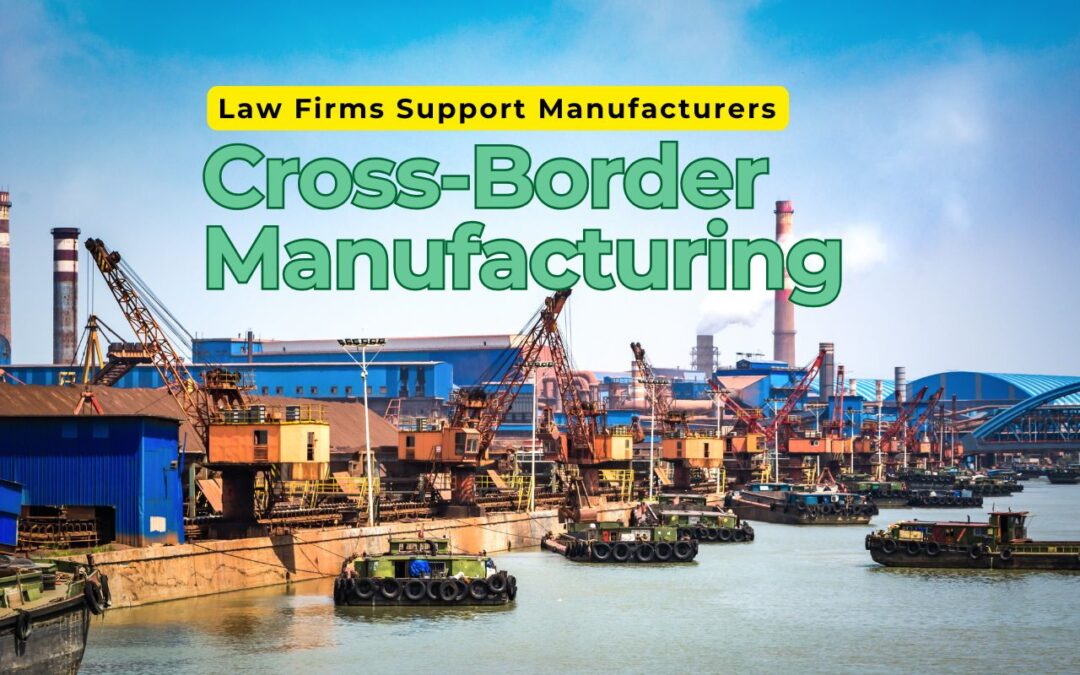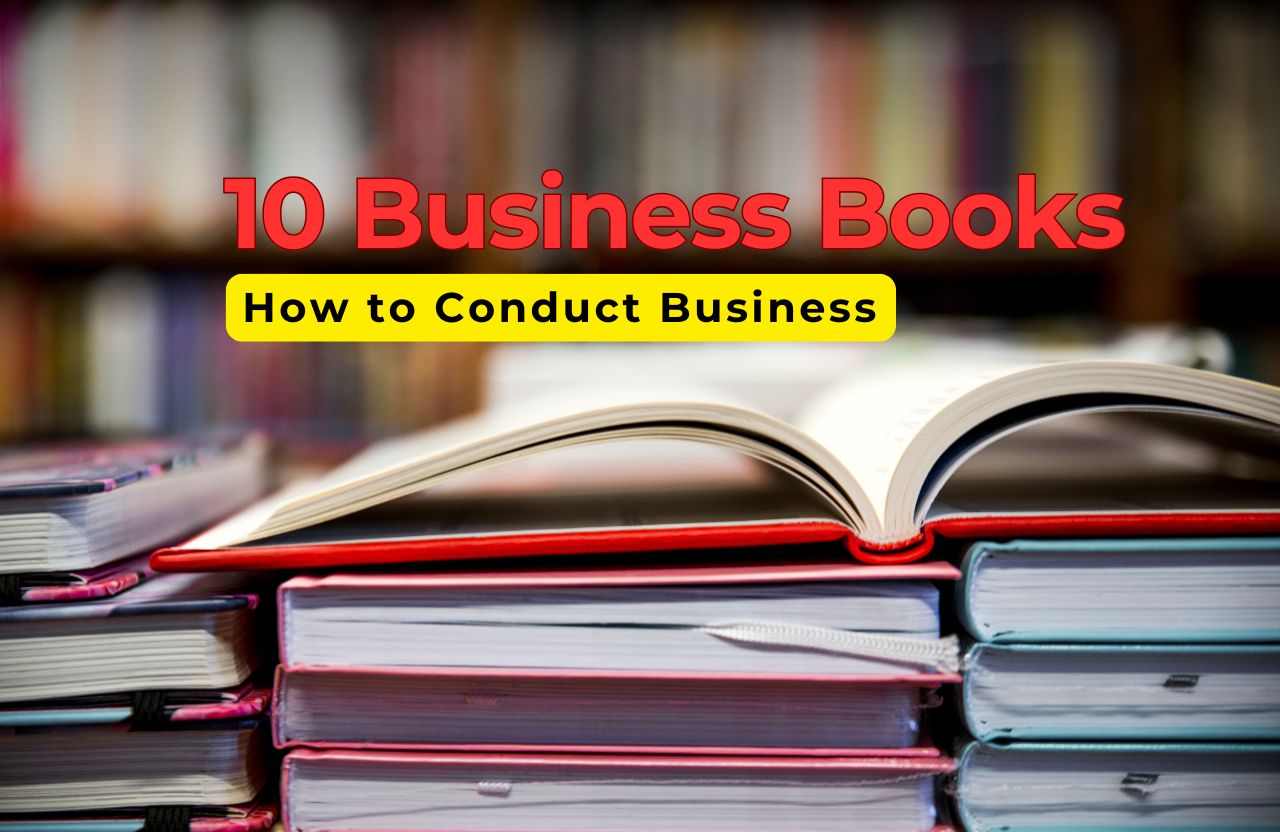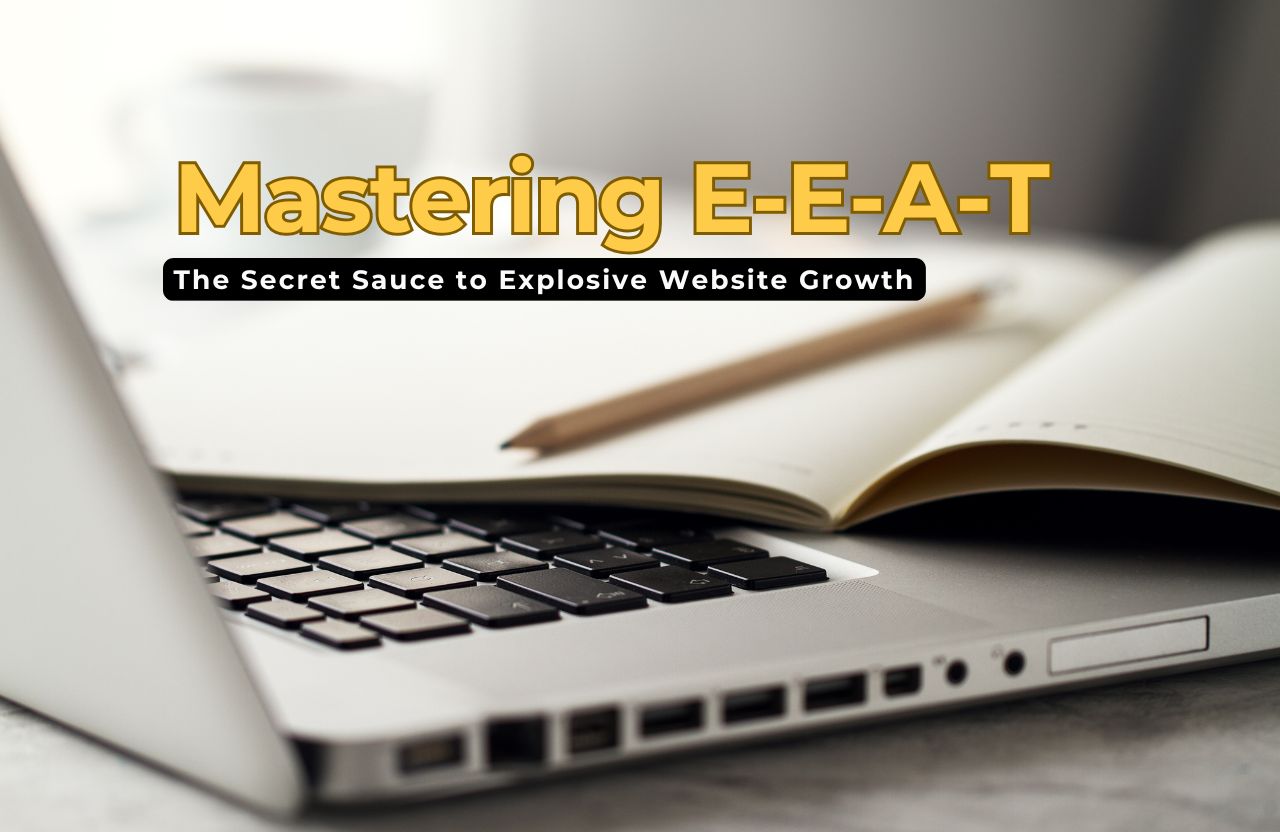In an increasingly interconnected global economy, manufacturers are no longer confined to producing within domestic borders. The benefits of tapping into international markets, outsourcing certain operations, and accessing cost-effective resources have made cross-border manufacturing agreements a critical strategy for growth-oriented businesses. However, these global arrangements are complex and fraught with legal, cultural, and logistical challenges. That’s where law firms come in.
Law firms play an indispensable role in ensuring that manufacturers operate smoothly and legally across different jurisdictions. They provide legal frameworks that support business objectives, mitigate risks, and protect stakeholders’ interests. In this article, we’ll dive deep into the multifaceted ways law firms support manufacturers through every stage of cross-border manufacturing agreements.
Understanding the Complex Nature of Cross-Border Manufacturing
Before diving into the legal services provided, it’s crucial to understand what cross-border manufacturing entails. This practice typically involves a business based in one country contracting another party—either an affiliate or third-party manufacturer—in another country to produce goods. The driving forces behind this include cost savings, specialization, and proximity to new or existing markets.
However, operating in more than one legal jurisdiction introduces a tangle of regulations, compliance standards, intellectual property concerns, and potential disputes. Every country has its own legal, cultural, and commercial environment, and failing to understand these nuances can have disastrous consequences.
Law firms act as the bridge between the manufacturer and these unfamiliar regulatory landscapes. They guide businesses through international business law, ensuring that deals are not just profitable but also legally sound and ethically structured.
Crafting Comprehensive and Enforceable Agreements
At the heart of any successful cross-border manufacturing deal is a well-drafted contract. This document defines the responsibilities, liabilities, expectations, and protections for all parties involved. Poorly drafted contracts can result in misinterpretation, costly disputes, and even total project failure.
Law firms bring a wealth of expertise in contract law and international business law to ensure contracts are airtight. They work closely with manufacturers to draft, review, and negotiate terms that cover all aspects of the relationship—from product specifications and delivery schedules to payment terms and breach consequences.
One of the critical clauses that law firms carefully craft is the “governing law” clause, which determines the legal system under which any disputes will be settled. This is vital because choosing an inappropriate jurisdiction or dispute resolution mechanism could disadvantage a manufacturer in litigation or arbitration. Law firms also incorporate “force majeure” clauses to cover events like natural disasters or political unrest, which may disrupt production.
Furthermore, these agreements often contain specific language around quality control, penalties for subpar production, and audit rights. A competent law firm ensures that nothing is left to chance.
Navigating the Regulatory Minefield
Compliance is arguably one of the most daunting aspects of cross-border manufacturing. Each country has its own unique set of laws governing trade, labor, environmental impact, and product standards. Violating these laws, even unintentionally, can lead to serious legal repercussions, including fines, product recalls, or bans.
Law firms offer critical support in conducting due diligence on local regulations. They ensure that everything—from the factory setup to employee working conditions and waste disposal practices—meets both domestic and international standards. This is particularly important for manufacturers in regulated industries like pharmaceuticals, food and beverage, or electronics.
Another key area is customs and trade compliance. Many countries have strict import-export laws, tariff regulations, and trade agreement stipulations. Law firms help manufacturers navigate these requirements, obtain the necessary licenses, and remain compliant to avoid supply chain disruptions.
In today’s regulatory climate, compliance isn’t just a legal issue—it’s also a reputational one. Law firms help manufacturers avoid scandals that could damage brand image and investor confidence.
Intellectual Property Protection Across Borders
For manufacturers, especially those dealing in technology, fashion, or proprietary products, intellectual property (IP) is often the crown jewel of their business. Protecting this IP in a global manufacturing agreement is both critical and complex.
IP laws vary significantly from country to country. What might be considered a patentable invention in the U.S. could be unprotected in another country unless explicitly registered there. Law firms ensure that patents, trademarks, and copyrights are properly secured in all relevant jurisdictions.
Moreover, they draft strict confidentiality agreements and non-disclosure agreements (NDAs) to prevent manufacturers or employees from misappropriating proprietary information. Legal advisors also structure licensing arrangements to ensure that foreign manufacturers only have the rights they need—and nothing more.
In case of IP theft or unauthorized reproduction of goods, law firms are equipped to initiate legal action in the relevant jurisdiction, either through local courts or international arbitration mechanisms.
Managing Risk and Facilitating Dispute Resolution
Even with the most careful planning, cross-border manufacturing relationships are vulnerable to conflict. Disputes may arise due to delays, defective products, payment issues, or regulatory interventions. When these happen across borders, resolving them becomes more complicated due to language barriers, legal differences, and logistical challenges.
Law firms play a proactive role in risk management. They assess potential legal vulnerabilities before the agreement is signed and help businesses create contingencies. For instance, some contracts include performance bonds, escrow arrangements, or insurance requirements that help mitigate financial risk.
When disputes do arise, law firms guide manufacturers through the dispute resolution process. This could include negotiation, mediation, arbitration, or litigation, depending on the contract’s provisions. Their goal is to protect their clients’ interests while resolving conflicts efficiently and cost-effectively.
Law firms often recommend international arbitration forums such as the International Chamber of Commerce (ICC) or the Singapore International Arbitration Centre (SIAC) as neutral grounds for resolving disputes. They help prepare and present evidence, liaise with local counsel when necessary, and ensure that any awarded compensation is enforceable in the required jurisdiction.
Addressing Taxation and Transfer Pricing
Another critical area where law firms support cross-border manufacturing is taxation. International operations can create tax exposure in multiple countries. Mismanaging tax issues can lead to double taxation, penalties, or even criminal investigations.
Law firms collaborate with tax specialists to structure deals in a way that minimizes tax liability and ensures compliance with all applicable laws. This includes advising on:
- Corporate income tax laws in each jurisdiction
- Value-added tax (VAT) or goods and services tax (GST)
- Transfer pricing regulations
- Withholding tax on royalties or service fees
- Tax treaty benefits between countries
They help set up proper documentation to justify intercompany pricing arrangements and prepare for potential audits by tax authorities.
Bridging Cultural and Communication Gaps
Cultural differences and language barriers are often underestimated in cross-border business deals. Misunderstandings due to differing business practices or communication styles can lead to friction between parties.
Many law firms have multicultural teams or partnerships with local firms to bridge these gaps. They help manufacturers understand local customs, negotiation styles, and expectations. For instance, in some countries, a handshake may suffice as a contract initiation, while others demand formal documentation.
Lawyers also ensure that all legal documents are translated accurately and that their implications are clearly understood by both parties. This reduces the likelihood of misinterpretation and builds stronger, trust-based relationships.
Leveraging Technology to Streamline Legal Oversight
Modern law firms are increasingly adopting legal technology to streamline processes, improve efficiency, and deliver better results to their clients. This has significant implications for cross-border manufacturing support.
For instance, AI-based tools are now used to review contracts faster and detect potential risks or inconsistencies. Compliance tools alert legal teams about changes in international trade regulations or environmental laws. Cloud-based platforms facilitate collaboration between manufacturers, lawyers, and foreign partners in real time.
Moreover, law firms can use blockchain technology to secure supply chain contracts, authenticate documents, and ensure transparency. These innovations help manufacturers stay agile in an ever-changing legal and commercial environment.
Real-World Examples of Legal Support in Action
The impact of legal support is best illustrated through real-world case studies.
Consider a U.S.-based electronics manufacturer that wished to outsource production to Vietnam. A law firm was brought in to handle negotiations, register trademarks locally, and draft a master manufacturing agreement. The lawyers also helped navigate local labor laws and obtain environmental permits. As a result, the company was able to establish its operations without legal hiccups and significantly reduce production costs.
In another case, a European pharmaceutical company faced IP theft after partnering with a factory in China. Its legal team responded quickly by enforcing its contractual rights, filing an injunction in Chinese court, and successfully halting unauthorized production.
These examples underscore the invaluable role of law firms in ensuring that manufacturers not only operate across borders but thrive.
Conclusion: Why Legal Guidance Is a Strategic Asset
Cross-border manufacturing agreements are more than just business arrangements—they are legal frameworks that underpin entire operations. Without proper legal guidance, manufacturers risk encountering compliance issues, disputes, IP theft, and costly delays.
Law firms bring structure, foresight, and protection to these high-stakes partnerships. They help manufacturers draft solid contracts, comply with international regulations, protect intellectual property, resolve conflicts, and navigate cultural differences.
In a globalized world, manufacturers who engage experienced legal counsel position themselves for success, resilience, and long-term growth. Partnering with a skilled law firm isn’t just a precaution it’s a strategic advantage.













